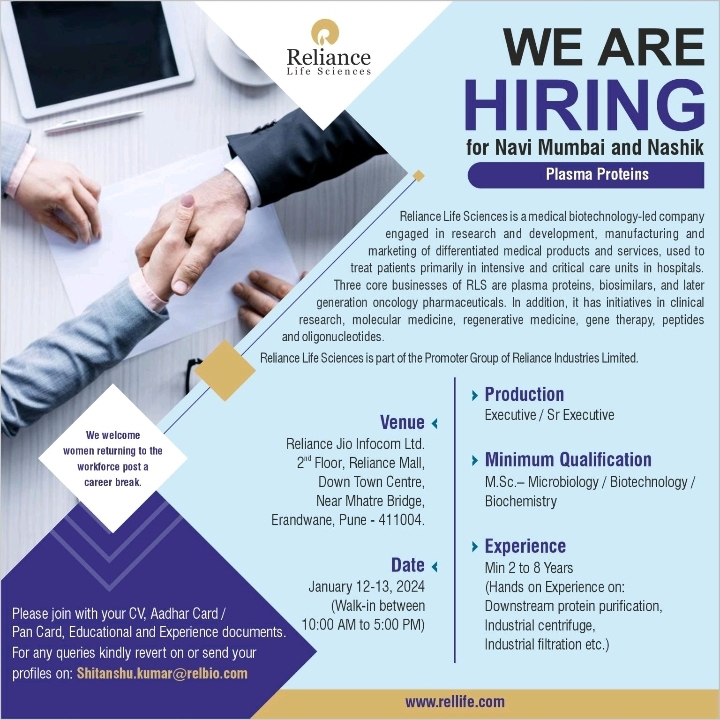The pharmacometrics industry plays a crucial role in developing and analyzing medications, ensuring their safety and effectiveness. Within this vast field, several departments work together, including Production, Microbiology, and Biotechnology. Here's a closer look at their contributions:
Production: This department acts like a skilled engineer, meticulously building and manufacturing pharmaceutical products according to strict protocols and regulations. Their tasks involve:
- Turning raw materials into various forms: Imagine transforming powders into tablets, liquids into injections, or creating patches, inhalers, and other delivery systems. This requires precise measurement, blending, and processing techniques.
- Scaling up production: Taking a small-scale laboratory recipe and transforming it into efficient, large-scale operations is crucial for supplying enough medication. Production experts optimize and adjust processes while maintaining quality and consistency.
- Packaging and labeling: Ensuring accurate information and safe handling of medications is vital. This department designs and implements labeling and packaging that complies with regulations and provides essential patient information.
Microbiology: This department acts like a vigilant detective, safeguarding against tiny threats – microorganisms. Their responsibilities include:
- Testing raw materials and finished products: Microbiologists analyze materials and medications for the presence of harmful bacteria, fungi, or viruses to prevent contamination and potential infections.
- Monitoring the manufacturing environment: They ensure production areas and equipment are kept clean and free of microorganisms to prevent contamination during the manufacturing process.
- Developing and implementing quality control measures: Microbiologists design and implement tests and procedures to ensure product sterility and adherence to established safety standards.
Biotechnology: This department acts as a creative inventor, harnessing the power of living cells and molecules to develop new medicines and improve existing ones. Their work might involve:
- Developing new drug formulations: Using their knowledge of cells and biological processes, they design new medications or optimize existing ones for better absorption, delivery, or effectiveness.
- Genetically engineering cells: This advanced technique allows them to create specialized cells for producing specific ingredients or proteins used in medications.
- Developing diagnostic tools: Biotechnology can be used to create tests for identifying diseases or monitoring individual responses to medications, leading to personalized treatment approaches.
These departments, although distinct, collaborate closely to ensure the smooth and safe production of effective medications. Production relies on Microbiology's vigilance and Biotechnology's innovation, while both Microbiology and Biotechnology benefit from Production's expertise in efficient manufacturing. This teamwork is essential for bringing safe and effective drugs to the market.
Remember, the pharmacometrics industry offers a wide range of fascinating career opportunities for those passionate about science, technology, and making a positive impact on healthcare.
I hope this information gives you a good overview of these departments! Feel free to ask any further questions you may have.The pharmacometrics industry plays a crucial role in developing and analyzing medications, ensuring their safety and effectiveness. Within this vast field, several departments work together, including Production, Microbiology, and Biotechnology. Here's a closer look at their contributions:











No comments:
Post a Comment